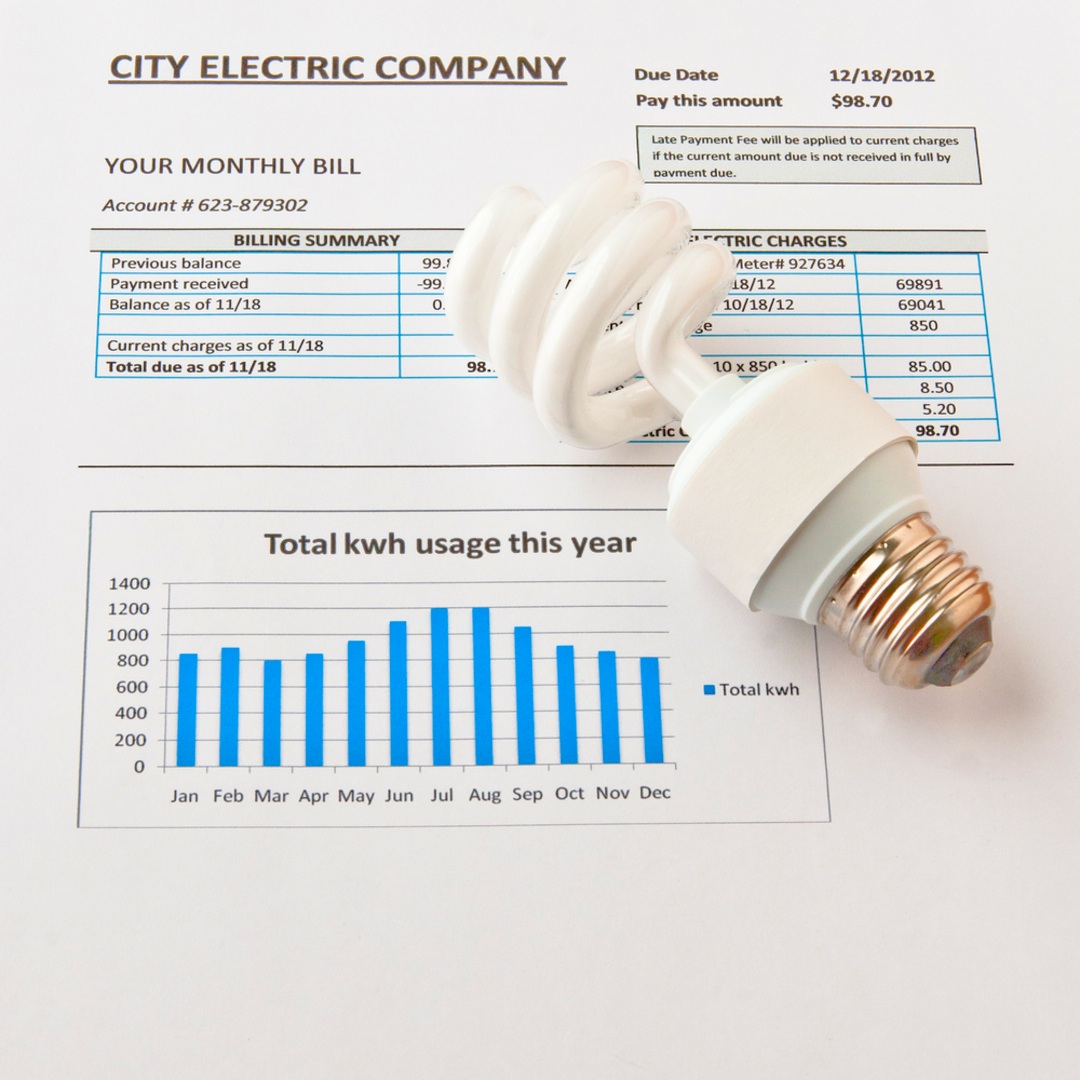

Inspectors have refused to hand report on Electricity of Vietnam violations to police. The Government Inspectorate, whose inspectors recently indicted the state-owned Electricity of Vietnam for investing in completely unrelated businesses, has refused to share their report with the police saying that requires government permission.
Deputy chief inspector Ngo Van Khanh said at a press conference in Hanoi on October 15 that since the report did not recommend a police investigation, the request from the Ministry of Public Security’s anti-corruption department was turned down.
Le Tien Hao, another deputy chief inspector, said the findings are awaiting endorsement by Prime Minister Nguyen Tan Dung. According to the report, as of 2011 EVN had invested more than VND121 trillion (US$5.7 billion) in “outside businesses” including in non-core areas, or 150 percent of its chartered capital, but failed to make any profits on them.
The Ministry of Finance prohibits investment exceeding the chartered capital in “outside businesses.”
It also said EVN included many unjustifiable expenses in calculating costs, like nearly VND600 billion ($28.4 million) for building houses, villas, tennis courts, swimming pools, and other facilities for its staff. EVN was said to have accounted for them as “administrative buildings” for its thermal power plants. EVN said in a media release that it built the villas and others were not included in the P&L (profit and loss) account.
The group also said there was a misperception that it invested the entire VND121 trillion in non-core areas, but actually most of it had gone into subsidiaries for electricity projects. Asked about EVN’s response, Khanh said they would “continue to consider” it.
Also at the press conference, the inspectors were asked why they had initially estimated EVN’s violations at over VND6 trillion, but reduced it to VND1 trillion in their report.
“It was normal,” Khanh replied.
The inspectors and the department of post-inspection assessment had worked together to reach the conclusion, he said. Since the inspectors’ revelations, EVN, which produces 70 percent of the country’s electricity and is the sole distributor, has come in for criticism.
It has increased power prices five times since 2011, claiming the hikes were necessary to cover increasing costs of inputs like coal and gas. But its claims have always caused skepticism among consumers and economists due to the lack of transparency in its price calculations and business performance. After the latest adjustment on August 1, power costs VND1,508.85 (7.1 cents) per kilowatt-hour.
Gallagher Re has shed light on the significant challenges insurers face when providing coverage for…
The Australian government will disburse AUD 1.7 million (USD 1.1m/EUR 1m) in grant funding to…
GlobalData’s latest report, ‘Asia Pacific Renewable Energy Policy Handbook 2024’ is among the latest region-specific…
The electrical generation market is facing a number of challenges, including the need to increase…
Nuclear energy has emerged as a prominent player in Asia's energy landscape, offering a reliable…
The pursuit of a low-carbon future has gained significant momentum globally, and Asia stands tall…